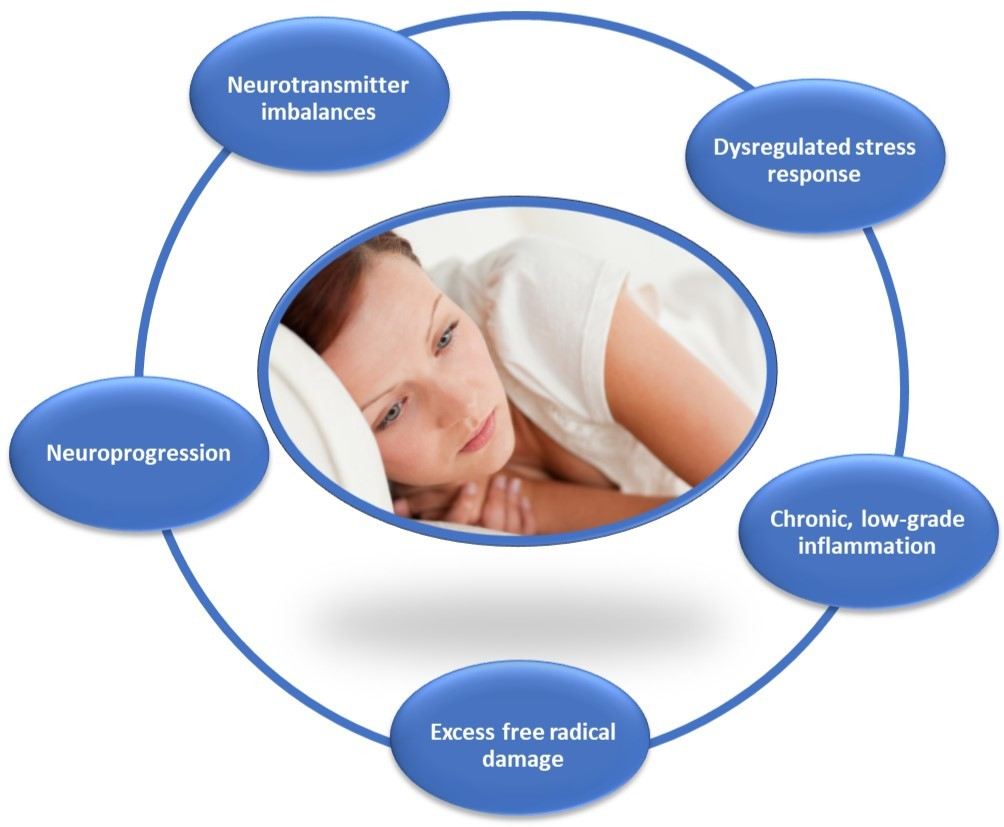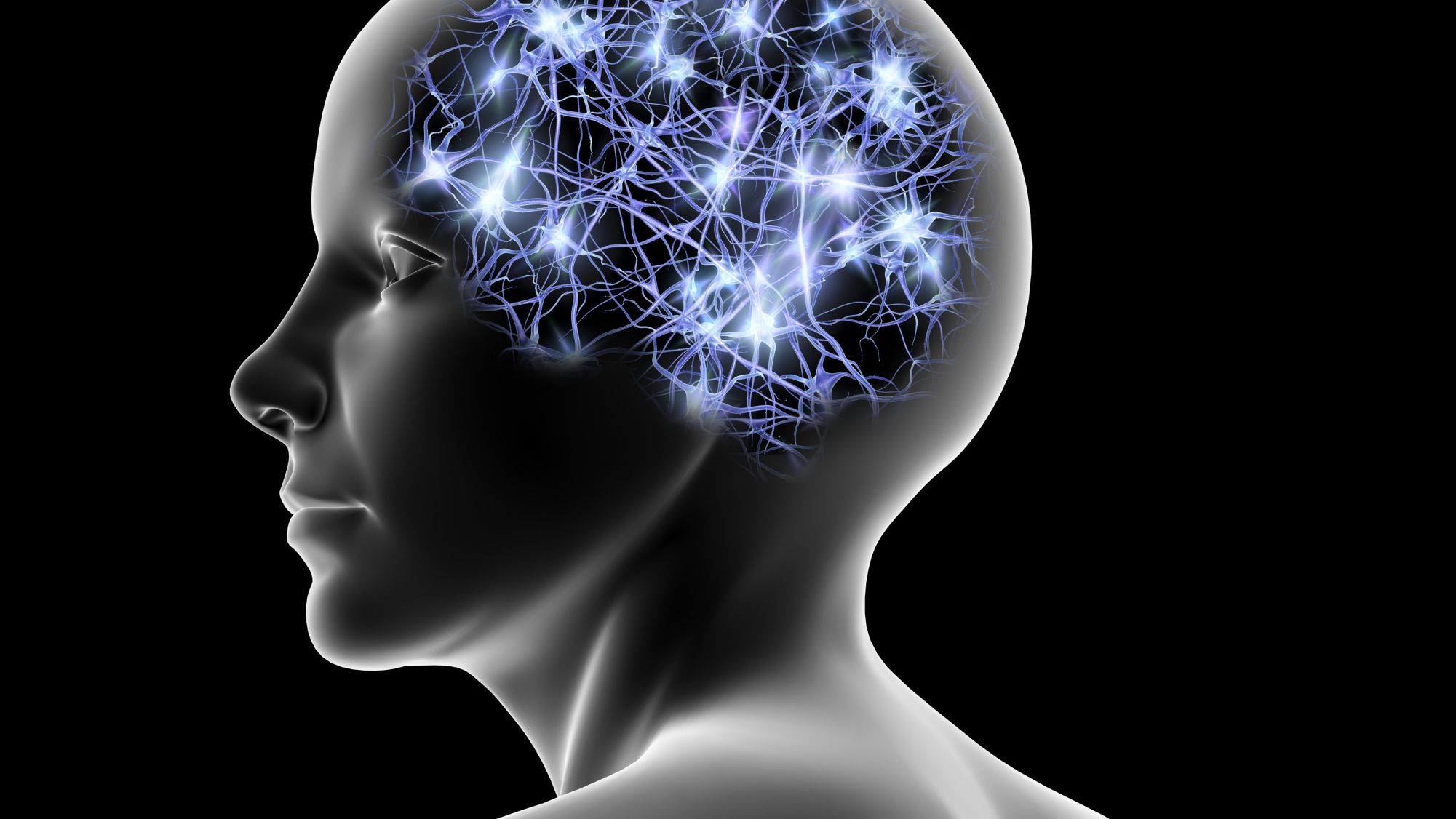In this blog, I will discuss how fucoidan may prevent depression-like behavior and anxiety. The modern society is increasingly competitive. It may be work, studies, or even social, where people are experiencing a lot of stress. The stress causes more people to suffer from mental illness in different forms.

Depression and anxiety exhibit different symptoms but are also related to each other. Anxiety is very common for everyone. Depression stays for a long period. However, people from Generation Z, millennials, and baby boomers suffer from both or at least one mental disorder that includes stress.
Although human life expectancy has been improved as a result of medical advances, adults suffer from mental stress and various physical disability. Depression includes symptoms such as loneliness, friction with family members, and anxiety about death. Hence, people lose their peace and remain mentally disturbed for a longer period.
One of the effects of depression is to cause inflammation and then cause imbalanced neurotransmitters. Our brain is made up of countless nerve cells, and these nerve cells transmit various information through a substance called neurotransmitters such as serotonin, noradrenaline, dopamine, and play a complex role. However, if you are under prolonged stress, it leads to constant tissue breakdown and impairment of the immune system. According to a Professor of psychology at Carnegie Mellon University, stress makes a person’s immune cells became less sensitive to cortisol. Due to that, the person would not be able to regulate the inflammatory response.

As you know, fucoidan has anti-inflammatory activity, so fucoidan protects the brain from oxidative stress.
The following study shows that according to Bombi Lee at el., “Fucoidan Prevents Depression-Like Behavior in Rats Exposed to Repeated Restraint Stress” his researchers demonstrated that repeated inhibitory stress increased depression-like behavior and altered corticotrophin-releasing factor expression in the hypothalamus in rats in the previous study. In this study, they focus on using the Forced Swim Test (FST) to examine the effects of fucoidan administration on repeated behavioral responses due to restraint stress. Also, they examined the effects of fucoidan on central noradrenaline by observing changes in neuronal tyrosine hydroxylase immune-reactivity and brain-derived neurotrophic factor mRNA expression in the rat brain.
Rats received fucoidan 30 minutes before daily exposure onto 14 days of repeated restraint stress (2 hours/day). The repeated restraint stress increased the forced swim test immobility. Daily administration of fucoidan during repeated restoration stress significantly suppressed stress-induced behavioral disorder in the behavioral test.
Besides, fucoidan treatment significantly increases tyrosine hydroxylase expression on the locus nucleus and basolateral nucleus of the amygdala, and brain-derived neurotrophic factor (BDNF) mRNA expression in the hippocampus significantly. When the results were taken together, the findings indicate that fucoidan administration before restraint stress significantly improved the incapacitated behavior of rats, presumably by modulating the central noradrenaline system.
Based on the study, fucoidan could be a beneficial agent for treating complex symptoms of anxiety and depressive disorder.
